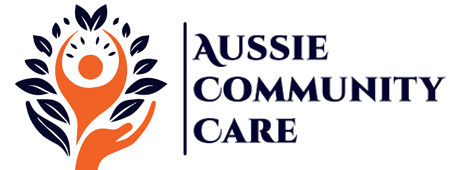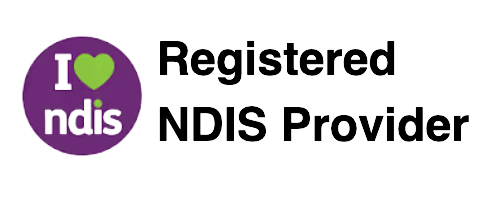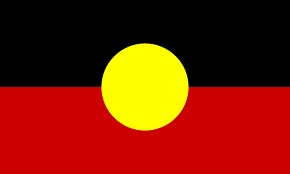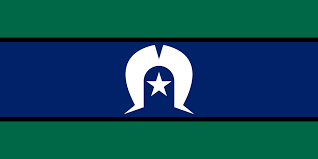Why Small Group Learning Works: Building Real-Life Skills Together
Published at 26 june 2025 • James Fernando • 7 min read
Why Small Group Learning Works: Building Real-Life Skills Together
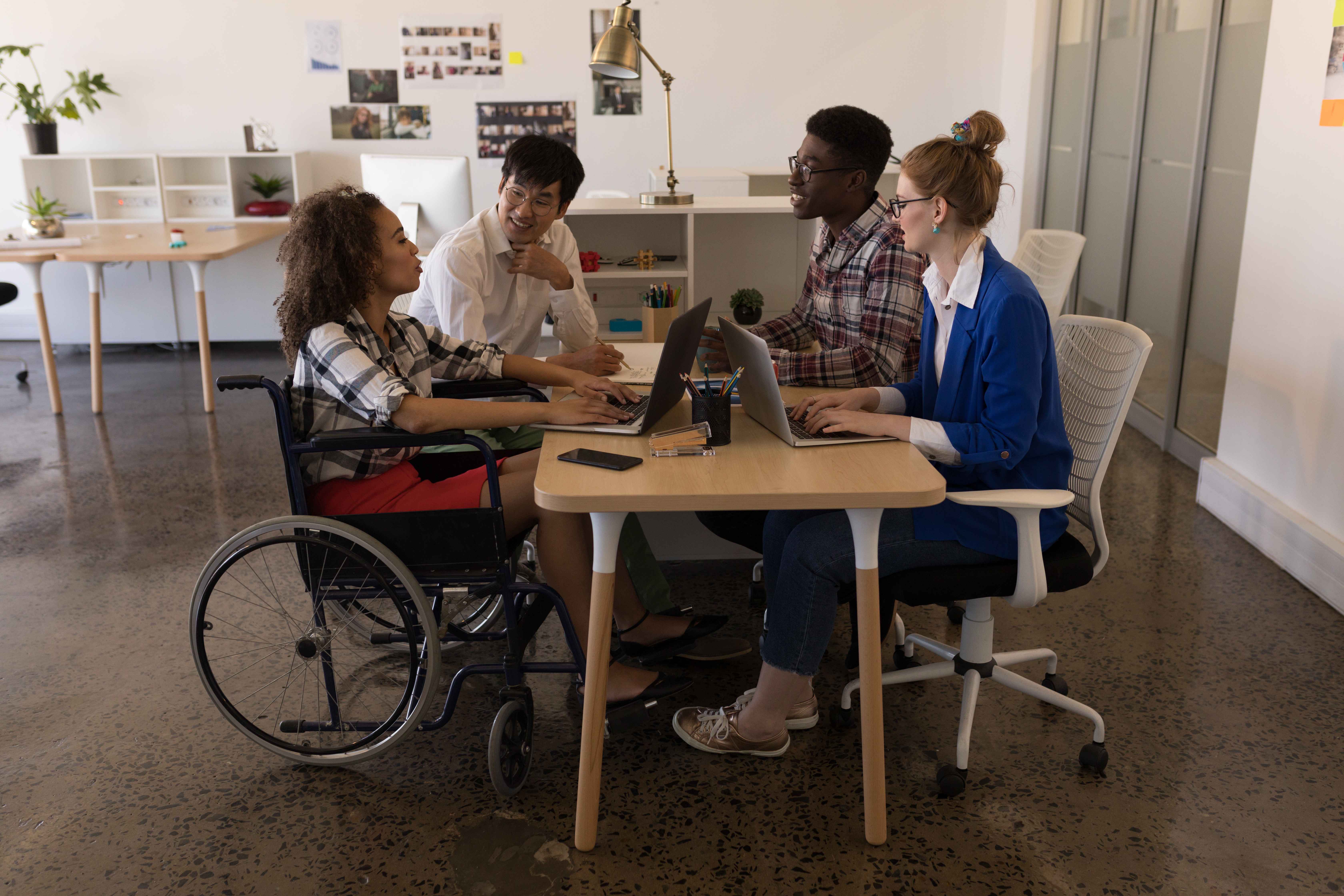
Aussie Community Care, NDIS Skill-Building Support in Melbourne, Victoria
When it comes to developing real-life skills, many NDIS participants find that group learning offers unique benefits that cannot be replicated through individual support alone. At Aussie Community Care, we’ve seen firsthand how small group learning can help individuals grow, learn, and gain confidence in ways that are both fun and impactful. By building everyday life skills together, participants not only develop the practical skills they need but also foster meaningful connections with others in similar situations.
In this blog post, we’ll explore how small group learning works for NDIS participants in Melbourne and why it’s such an effective approach for skill-building. Whether it’s managing personal care, handling finances, or improving social skills, group learning is an incredibly powerful tool for developing independence.
What Is Small Group Learning for NDIS Participants?
Small group learning involves a small number of NDIS participants working together under the guidance of a skilled facilitator. This setting allows for personalized attention while also creating an opportunity for participants to interact, learn from one another, and share experiences. The small group format encourages collaboration, communication, and peer support, which enhances the learning process.
In Melbourne, Aussie Community Care provides group-based learning sessions that focus on essential life skills. These sessions are tailored to meet the specific needs of each participant, ensuring that they can engage meaningfully with the activities while building confidence in their abilities.
Why Does Small Group Learning Work for NDIS Participants?
1. Peer Support and Social Connection
One of the greatest benefits of small group learning is the sense of community it fosters. NDIS participants often face challenges related to social isolation, and group learning creates an environment where they can build friendships and interact with others. This not only improves social skills but also enhances emotional well-being.
2. Learning Through Collaboration
Group discussions, problem-solving activities, and shared experiences make the learning process interactive and engaging. This collaborative approach helps participants see different perspectives and find new solutions to everyday challenges.
3. Developing Communication Skills
Through group discussions and activities, participants learn how to express themselves, listen actively, and engage with others in a supportive setting. Whether they’re asking for help, offering suggestions, or negotiating tasks, these interactions build essential communication skills.
4. Real-Life, Practical Learning
Small group learning allows participants to engage in activities that simulate real-life situations—like grocery shopping, planning meals, or organizing a group task. These hands-on experiences help participants gain confidence before applying the skills in their daily lives.
5. Building Independence and Confidence
As participants develop skills and achieve small goals, they gain the confidence to take on more responsibilities. Group learning provides the structure and support needed for participants to feel empowered and take control of their independence.
Small Group Learning at Aussie Community Care: Tailored for Melbourne NDIS Participants
At Aussie Community Care, we’ve seen how small group life skills sessions can transform participants’ lives. We offer a variety of group-based learning sessions designed to teach essential skills, such as:
- Budgeting and Money Management
- Meal Planning and Cooking
- Personal Care and Hygiene
- Social Skills and Communication
- Job Readiness and Workplace Skills
By keeping the groups small, we ensure that each participant gets the support they need to succeed while still benefiting from the collaborative environment. Our facilitators are experienced in supporting NDIS participants with diverse needs and adapt each session to the group’s goals and challenges.
Actionable Takeaways: How to Get the Most Out of Small Group Learning
- Engage Actively: Speak up, share ideas, and ask questions. Participation leads to deeper learning.
- Support Others: Offer and receive help—it strengthens the group dynamic.
- Set Personal Goals: Focus on specific skills you want to improve, such as communication or budgeting.
- Build Relationships: Social connections reinforce learning and support growth.
- Practice Outside of Sessions: Apply what you’ve learned in your daily life to retain and refine new skills.
Conclusion: Unlocking Real-Life Skills Together
Small group learning offers a unique, supportive environment where NDIS participants can develop real-life skills, build confidence, and foster independence. Through collaboration, peer support, and practical, hands-on activities, participants in Melbourne can gain the tools they need to thrive.
At Aussie Community Care, we’re committed to providing tailored NDIS group learning sessions that help participants achieve their personal goals and build a strong foundation for independent living. If you’re interested in learning more about how small group learning can benefit you or a loved one, reach out today and take the first step towards a brighter, more independent future.
Text Citations
Disability Workforce: NDIS Overview
Related Questions
Aussie Community care
Aussie Community Care offers a range of services including Physiotherapy, Community Nursing, Community Participation, Household Tasks, Personal Care, Life Stage Transition, Travel Assistance, and Cleaning & Gardening Services.
